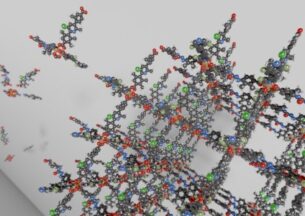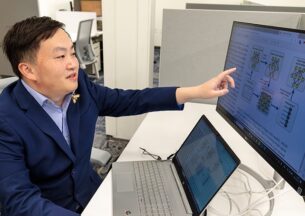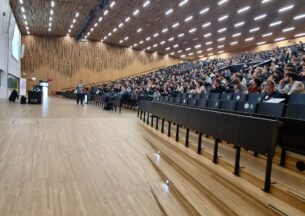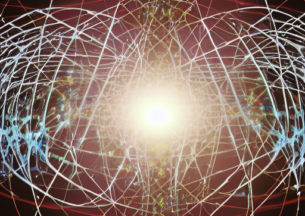CS Education Expert Diana Franklin Promoted to Associate Professor
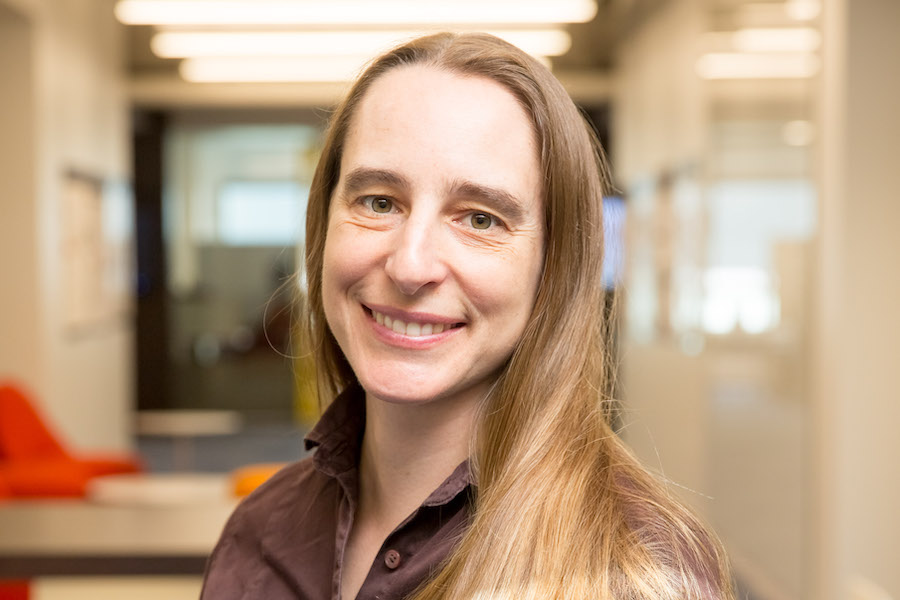
Diana Franklin, a leading researcher and creator of computer science curricula, was promoted to Associate Professor at the UChicago Department of Computer Science, effective January 1, 2020.
Franklin, who joined UChicago in 2015, has developed several new approaches for teaching computer science concepts to students from pre-kindergarten through college and studied the effectiveness of these curricula in diverse and underrepresented populations. She leads the CANON (Computing for ANyONe) Research Lab and is a co-PI with the Enabling Practical-scale Quantum Computing (EPiQC) project, where she spearheads the new field of quantum computing education. Her success of the past five years has been supported by strong collaborations with UC STEM Education curriculum development experts, teachers and administrators at Chicago Public Schools, and research collaborators across the country.
The new tenured position allows Franklin to continue and expand her work on CS education, from a unique position within a computer science department instead of a school or department of education. That placement allows her to work with CS students interested in applying computational techniques, such as AI and static analysis, to the challenge of introducing more students to core computer science concepts.
Franklin’s own career path started in computer science departments, studying computer architecture as a PhD student at University of California, Davis and early-career faculty at California Polytechnic State University, San Luis Obispo (where she received the NSF CAREER award and was awarded tenure). Upon moving to a tenured teaching faculty position at UC Santa Barbara in 2008, she shifted her focus to CS education, collaborating with Prof. Danielle Harlow. Much of her work there developed programs for elementary and middle school students, such as Animal Tlatoque, a summer camp designed to make CS more accessible to a more diverse student population through meso-american culture, art, and storytelling.
“So many people are working so hard on just getting CS instruction in front of more kids, which is very important,” Franklin said. “But I think it's really important also to think critically about what that instruction should look like for lots of different kids. I think strategies like what we developed are a promising approach.”
At UChicago, Franklin has continued this work by developing modules for Scratch Encore, an intermediate and advanced 6th through 8th grade curriculum built on the Scratch visual programming language. The materials were created in partnership with teachers and administrators at Chicago Public Schools and colleagues at the University of Maryland and aligned with the CSforAll movement, which seeks to broaden participation in CS among underrepresented minorities.
“I think it filled a need not only technically, but also in terms of culturally relevant instruction, something that a lot of people don't prioritize,” Franklin said. “I'm just really proud of how we were able to bring those things together, and the teacher responses have been overwhelmingly positive.”
Another output from the CANON Lab is TIPP & SEE, developed in collaboration with Prof. Cathy Thomas at Texas State University and UChicago CS graduate student Jean Salac. In TIPP & SEE, students are given example code and asked to change different elements, then observe how that affects the way a program runs. This strategy will be incorporated into a $4 million Education Innovation and Research (EIR) grant from the U.S. Department of Education, given to a collaboration between Franklin’s group, researchers at University of California, Irvine, and public schools in Santa Ana, San Francisco, and Chicago. Together, they will build a new curriculum designed to promote both computational thinking and language arts in young students.
Franklin’s other current research focus is on developing new education and outreach programs for the rapidly-growing technology of quantum computing. As part of EPiQC, her team has created online resources, zines, and tutorials that introduce non-technical audiences to concepts in quantum physics and CS that underlie these new approaches.
At the national level, she testified in 2018 to a Congressional committee about the importance of educating new quantum computer scientists in the United States, and she is one of the leaders for the upcoming Key Concepts for Future QIS Learners workshop being run by the White House Office of Science and Technology. The workshop will draft a set of core quantum information science principles to guide educational research and development at the high school and community college levels.
In the challenge of creating educational materials for a topic that even computer scientists and tech professionals find intimidating, Franklin sees a culmination of her career and experience thus far.
“It's the first time I've been able to combine my computer architecture-specific knowledge and my education knowledge,” Franklin said. “I think one of the important things is to recognize where you're unique compared to other people, and almost nobody has expertise in those two things at the same time, and so I feel like it's where I could make a real contribution.”




